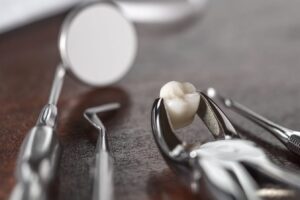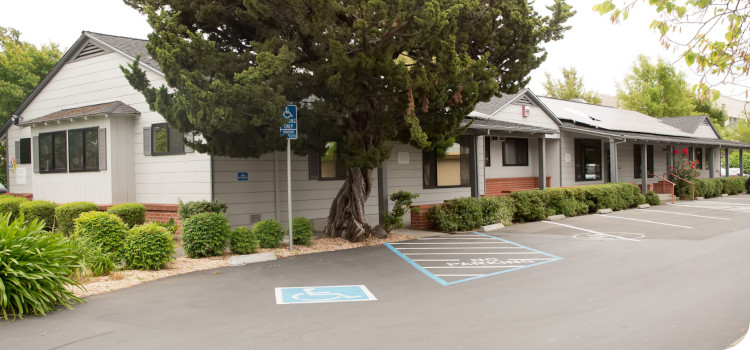 Some forms of dental treatment are more common than others, but even those that are less frequently recommended are often well-known. For example, many people recognize what tooth extraction means, even if they’ve never had to have a tooth extracted. That’s especially true when it comes to extracting wisdom teeth that have become impacted. However, becoming impacted isn’t the reason why a tooth might need to be extracted, and unlike wisdom teeth, the extraction may need to be followed by replacing the tooth.
Some forms of dental treatment are more common than others, but even those that are less frequently recommended are often well-known. For example, many people recognize what tooth extraction means, even if they’ve never had to have a tooth extracted. That’s especially true when it comes to extracting wisdom teeth that have become impacted. However, becoming impacted isn’t the reason why a tooth might need to be extracted, and unlike wisdom teeth, the extraction may need to be followed by replacing the tooth.
Fractures or breaks that are too extreme
A damaged tooth can usually be repaired and restored when it’s addressed promptly, and today’s lifelike restorations make it possible for more people than ever to retain their healthy, natural tooth structure. However, the problem with tooth damage is that it’s permanent; the tooth won’t heal, and if the damage is severe enough, it might not be able to be restored, either. Extracting a severely fractured or broken tooth may be simple or complex, depending on the extent of the damage. For instance, if the root has fractured, then it may need to be exposed so the tooth’s entire crown and root structure can be successfully removed.
Tooth decay that progresses too far
A tooth can break or fracture in many different ways, but direct damage to your tooth structure is often the result of excessive force or pressure being applied to the tooth. When a tooth becomes infected, the damage to its structure is more progressive, and gets worse as the infection (or decay) advances. Restoring a decayed tooth not only restores its compromised structure, but also stops the infection from becoming a bigger threat. Yet, if the tooth has already lost a substantial amount of its structure to the infection, including within its pulp and root canal chamber, then extracting and replacing it may be necessary.
Periodontal disease that gets too severe
Periodontal disease, often referred to as gum disease, is one of the leading causes behind tooth loss and the need for tooth extraction. While the disease doesn’t directly damage your tooth structure, it does significant damage to the tissues and bone structure that support it. In its earlier stages, periodontal disease leads to rampant inflammation in your gum tissues, causing increasingly worse damage to the tissues, ligaments, and structures that support your teeth roots. In severe cases, one or more teeth may lose enough support and require extraction to fully restore your smile.
Find out if your tooth needs extraction
Aside from impacted wisdom teeth, there are several potential reasons for having to extract a tooth for the good of your smile and oral health. To learn more, or to schedule a consultation, call Santa Rosa Oral Surgery in Santa Rosa, CA, today at 707-545-4625.

